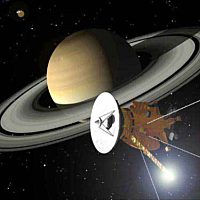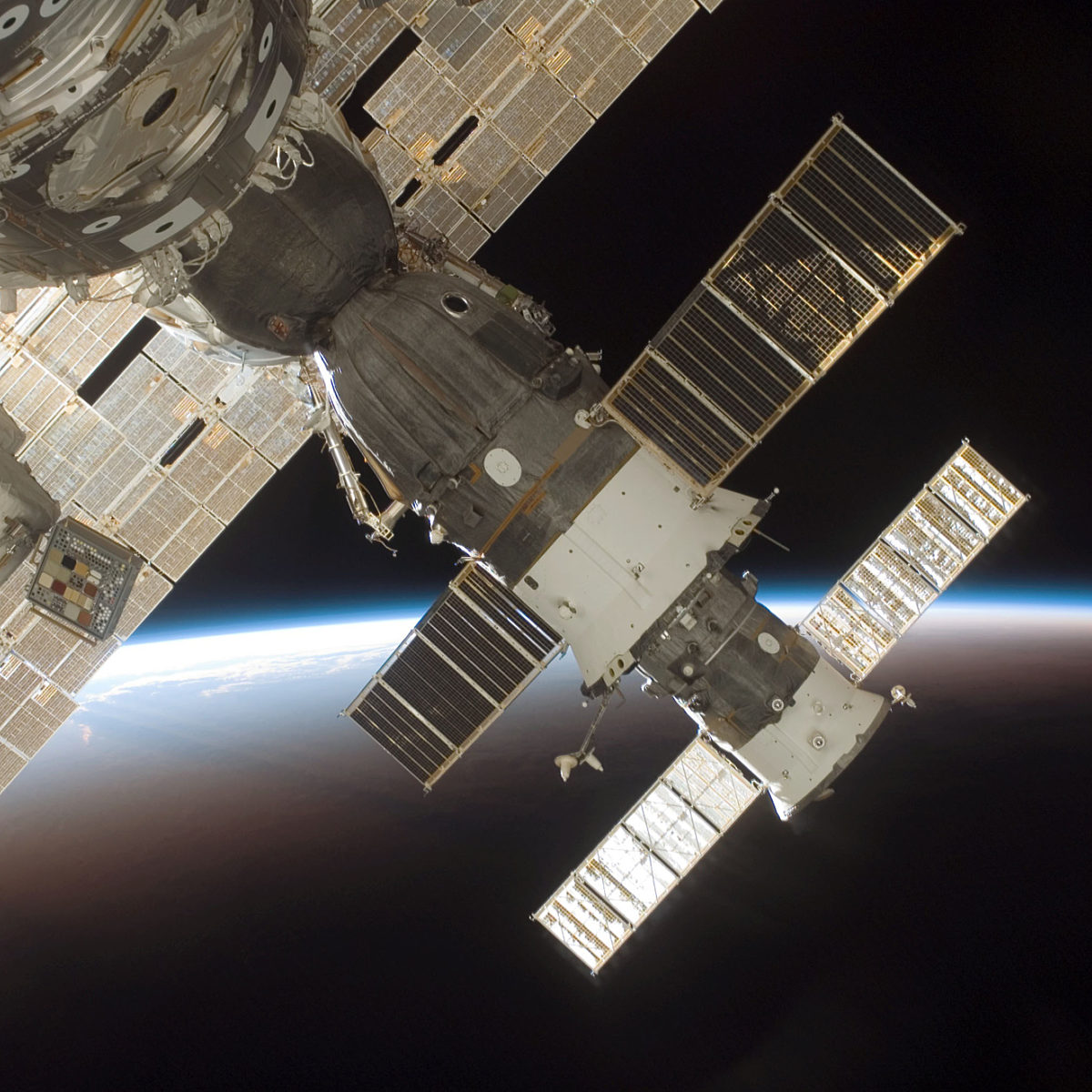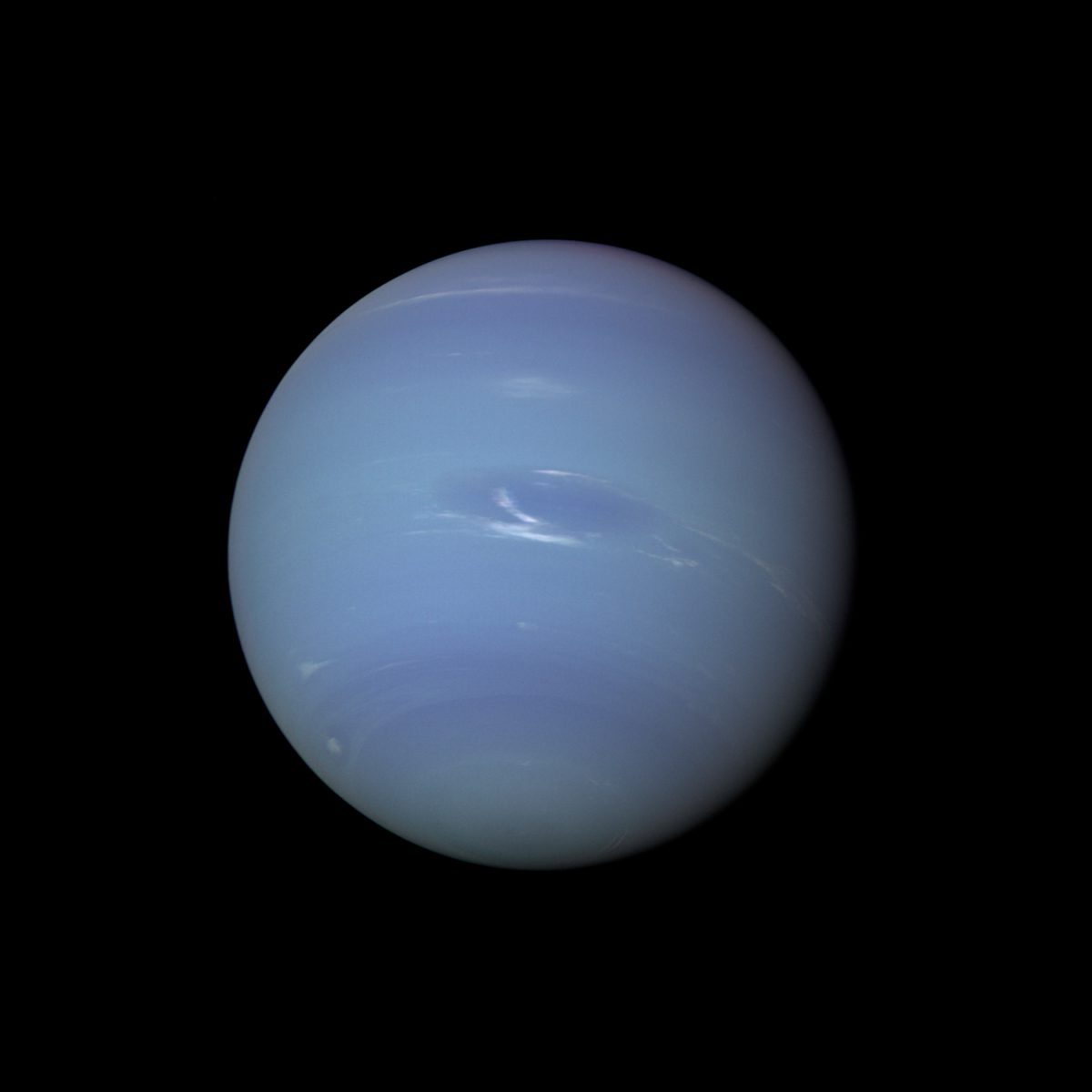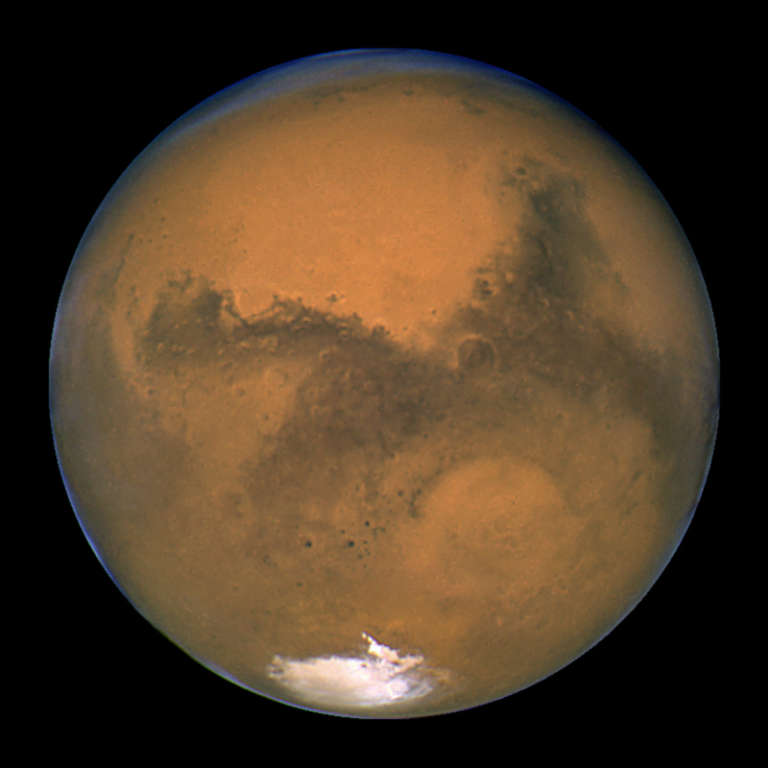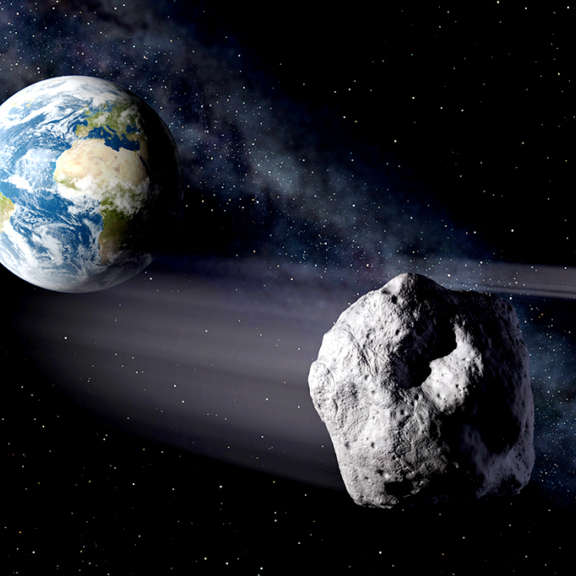Since 2002, Planetary Radio has visited with a scientist, engineer, project manager, advocate, or writer who provides a unique perspective on the quest for knowledge about our Solar System and beyond. The full show archive is available for free.
Search Planetary Radio
Planetary Society CEO Bill Nye attended the State of the Union address on January 30th, he also spent the day meeting with sixteen different members of Congress to promote science on Capitol Hill. In this special abbreviated show, Casey Dreier and Mat Kaplan welcome their colleague Matt Renninger, who joined Bill on Capitol Hill, to discuss the goals of The Planetary Society and the reasons why it was important for Bill to attend.
It’s the space policy guys’ turn to look back at a year that saw great achievements in space. Were they matched by events in Washington DC?
Elon Musk. Jeff Bezos. Richard Branson. These are the names we tend to associate with the current era of private space exploration. But what about John Quincy Adams, James Lick, or Charles Yerkes? Space economist and historian Dr. Alex MacDonald joins us to discuss his book,
The likely next Administrator of NASA, Jim Bridenstine, appeared before a somewhat skeptical Senate committee to defend his nomination. Casey and Jason recap the hearing and assess Congressman Bridenstine’s chance of moving forward.
Fifteen years before Sputnik, on a bright 1942 afternoon in northern Germany, a thundering machine of metal and fire pierced the sky, ultimately touching the edge of space for the first time in history. It opened a new era of opportunity and terror with rocket technology. Dr. Michael Neufeld joins us discuss the significance of this test and how it happened.
The multi-billion dollar, multi-decade Cassini mission is about to end. A new report tries to answer an important question: are flagship science missions like Cassini worth the effort and expense? And how can NASA maximize the value of these endeavours? Dr. Ralph McNutt, co-chair of the National Academies study, reviews the report’s recommendations.
New U.S. sanctions against Russia have reignited speculation that global politics could undermine cooperation in the International Space Station. Could Russia cut off rides for US astronauts to the ISS? Later, Casey Dreier joins Spark Science host Dr. Regina Barber Degraaff for a conversation with U.S. Congressman Rick Larsen, Democratic representative of Washington state’s 2nd District. We also check in on NASA's 2018 budget, which is currently moving through the Senate. Did they provide funding for a new Mars orbiter?
A new report builds the case for long overdue returns to Uranus and Neptune, while another proposal calls for exploration of the many bodies in our solar system that hide vast water oceans. Jason Callahan, Casey Dreier and Mat Kaplan dive into the troubled waters that determine which planetary science missions will get the limited funds available.
The Trump Administration released its proposed FY2018 budget just days ago. Casey Dreier, Jason Callahan and Mat Kaplan dive deep into what this controversial plan means for NASA and how it has been received by Congress.
Moon or Mars? Should NASA depend on private companies? What’s the goal of human spaceflight? These questions were debated three decades ago, yet are just as relevant today. Does that mean space policy is stagnant?
Whether it’s discovering gravity waves, curing cancer or building a space station, the biggest science challenges increasingly require investments that are beyond what private industry can afford and collaborations that include many nations. Casey, Jason and Mat look at the history of big science and the outlook for future efforts. The team also reviews the 2018 budget proposed for NASA by the Trump Administration, and shares other space policy news from Washington.
Laura Delgado Lopez from the Harris Corporation joins us to talk about the growing number of countries getting into the space business, particularly in Latin America. Casey, Jason, and Mat also take stock of SpaceX's plans to send humans around the Moon in 2018, and how the newly-announced Trump budget cuts could hurt NASA.
It’s still too early to say where the Trump Administration will take NASA, but there are a few hints. Congress is not waiting. Casey, Jason and Mat review a draft of the space agency’s authorization bill and a separate act that asks NASA to lay out its plans for humans to reach Mars.
After an opening update on the presidential transition, Casey, Jason and Mat share their nominees for the biggest space exploration events of 2016. Then they take on fascinating questions submitted by listeners. You’ll also hear the surprising early announcement of NASA’s next Discovery missions.
The SPE team reviews the outlook for human spaceflight, planetary science, Earth observation and much more under the upcoming Trump administration.
Just in time for election day in the USA, we take stock of the major candidates' space policies (as far as they go), comparing statements and policy op-eds put out by both campaigns. We also look at the broader implications and challenges of the coming Presidential transition for NASA.
We take a deep dive into new space legislation working its way through the US Senate. It embraces Mars and NASA's big rocket. But Elon Musk and SpaceX just announced an ambitious new plan to colonize Mars. Does this upset the political establishment? Or will they find a cold reception in the halls of Congress? Also, where does science fit into the politics of space?
In honor of OSIRIS-REx—NASA’s newest asteroid mission—we explore the policy and history of near-Earth Objects: why NASA explores them, how the government plans to find and defending the planet, and the how policy can keep up with ambitious plans to mine asteroids.
In our third episode, we debate the risks and rewards of tying the future of a Europa mission to the fate of NASA's massive Space Launch System rocket. Also, NASA just announced that the next Mars rover will cost $2.4 billion—$900 million more than initially thought. But the mission is not considered over budget. Why not? Lastly, the U.S. just generated 50 grams of Plutonium-238, the largest amount in nearly thirty years. We celebrate the successful effort to create this critically important, though highly toxic, power source for deep space spacecraft.
This month Jason Callahan, Casey Dreier and Mat Kaplan ask whether the Moon vs. Mars human destination debate makes sense, highlight a new report on the science potential of CubeSats by the National Academies, and explain how a thrilling planetary science mission like Juno gets a thumbs up from NASA.


 Explore Worlds
Explore Worlds Find Life
Find Life Defend Earth
Defend Earth






